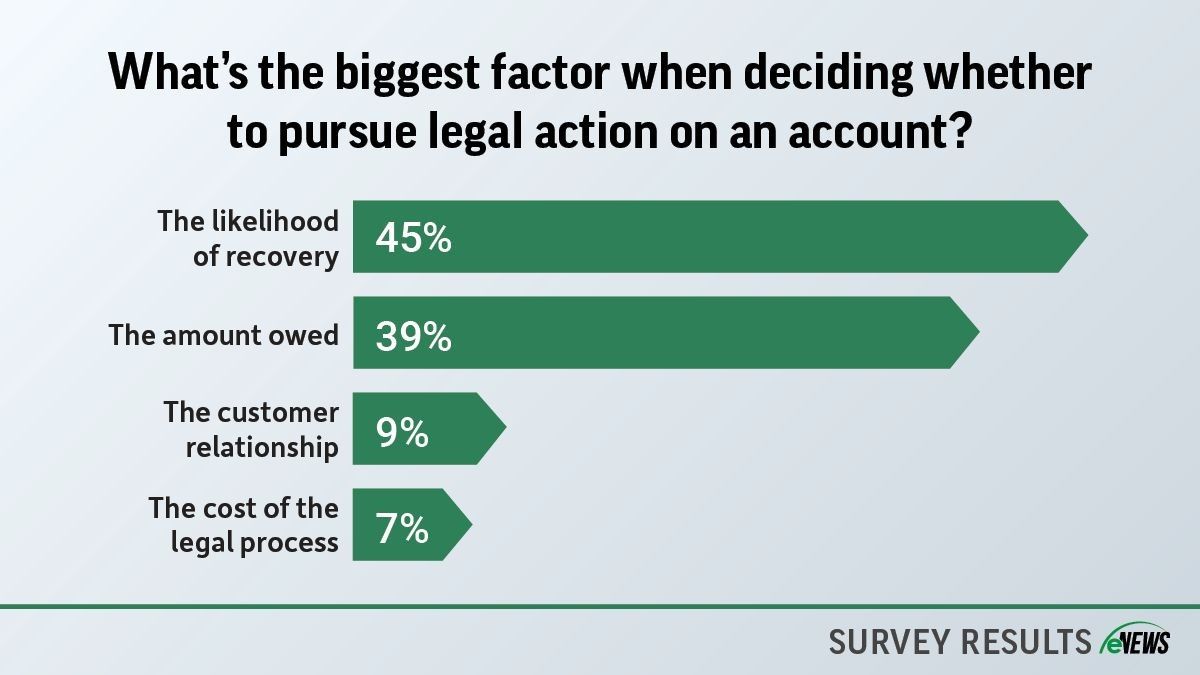Business Practices, eNews
What Credit Leaders Can Learn from Football

Just as a football team relies on every player’s commitment and passion to achieve victory, an organization thrives when its employees are fully engaged. Re-engaging employees is like reigniting the spark in a team that has momentarily lost its momentum. It’s about tapping into their potential, revitalizing their spirit and reminding them of their vital roles in the collective pursuit of success.
While a dedicated and motivated workforce can be a company’s most valuable asset, the inverse is equally true—disengaged employees cost a business a lot of money and time. When team members are not fully invested in their work, productivity wanes and operational costs soar.
Here are four lessons that every credit leader can learn from football to energize their teams and score business success:
#1 Teamwork and Collaboration
Just as a coach strategizes to rekindle team spirit on the field, credit managers must craft thoughtful approaches to inspire and re-engage their workforce. When employees are engaged, they work cohesively towards common goals, fostering a sense of unity that propels the entire organization toward victory after victory. Credit leaders can emphasize the importance of collaboration, emphasizing that every team member—within the credit department and across all departments—plays a crucial role in reaching collective goals.
Derrick Swaney, credit specialist at MiTek, Inc. (Chesterfield, MO), said his company holds an annual conference for the credit department and departments adjacent to it to discuss overall performance and connect. “One of the biggest problems I’ve seen is difficulty in communication and the mentality of only helping others when it’s convenient for them or benefits them since they have their own agendas to focus on,” he said. “But if they are able to put a name to a face and get to know the person, they’re more willing to help them.”
Team building should be intentional, but some of the best team-bonding moments can happen spontaneously. Jason Mott, CCE, NACM Board director and corporate credit manager at MFA Incorporated (Columbia, MO) took his entire credit team that works in the home office mini-golfing last Friday as a way to thank them for their efforts this past fiscal year. “I try to come up with things like that throughout the year but it’s not really on a set basis, it’s just more sporadic,” Mott said. “If we have a win as a team, I try to celebrate that together.”
#2 Set Clear Goals and Expectations
In football, the objective is clear—score more points than the opponent. Credit leaders should set clear, achievable goals for their teams, providing a sense of purpose and direction that motivates employees. For the credit department to be successful, the credit manager must ensure that everyone knows what is expected. Make sure everyone on his credit team has a clear outline of their role and that everyone recognizes it. “I think it’s important for a leader to assign the roles and make sure that everyone feels appreciated for their role, no matter the level,” Swaney said. “This incentivizes employees to continue working and be more efficient in their position.”
#3 Continuous Training and Development
Football teams continually train and refine their skills to stay competitive. Similarly, business leaders should invest in the ongoing training and development of their employees, fostering a culture of growth and improvement.
To make sure that credit staff remain engaged and improve their performance, you must provide them with career advancement opportunities. Mott incentivizes his team with NACM educational programs and conferences. “If my team is willing to put forth the effort to gain credit expertise and move into the Professional Certification Program through NACM, the department will pay for their registration and attendance at NACM’s Credit Congress,” Mott said. “The reason I do that is because it makes the individual an asset for the credit department and therefore improves the department’s performance. If attending Credit Congress is something my team wants to do, we’re happy to facilitate that. I would just like to have them move forward in their professional designations as a part of that process.”
#4 Celebrate Wins
Just as football coaches celebrate touchdowns and exceptional plays, leaders can recognize and reward outstanding achievements within their organizations. These rewards can come in the form of bonuses, vacation days, recognition or a hybrid schedule. Be sure to tailor the rewards to individual employees to make them feel more intentional. “Before COVID, people were more focused on appearances and being in the office, but now people are more focused on output,” Swaney said. “I think that’s kind of shifted to people wanting to just show what they’ve done. If they get everything done, they don’t really feel the need to sit in the office and make their presence known. Rewards of flexibility are critical in motivating people to get work done.”
How you deliver those wins is key in making them effective. “For my staff, I’ll start by telling them about what I think they’re doing well and then I’d go ahead and tell them about what they can improve on moving forward,” said Ron Sereika, CCE, director of credit and client payment solutions at Mspark, Inc. (Helena, AL). “But if you start out with the negative, then people just shut down and they’re not going to be open to listening to where you think they could improve. I also take into account the employees with much more challenging accounts who may not be performing as well as those with easier accounts that are performing well above average.”





